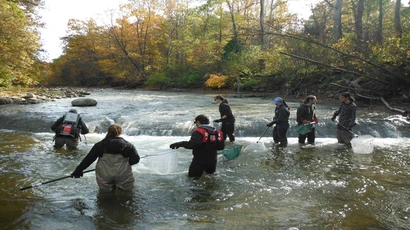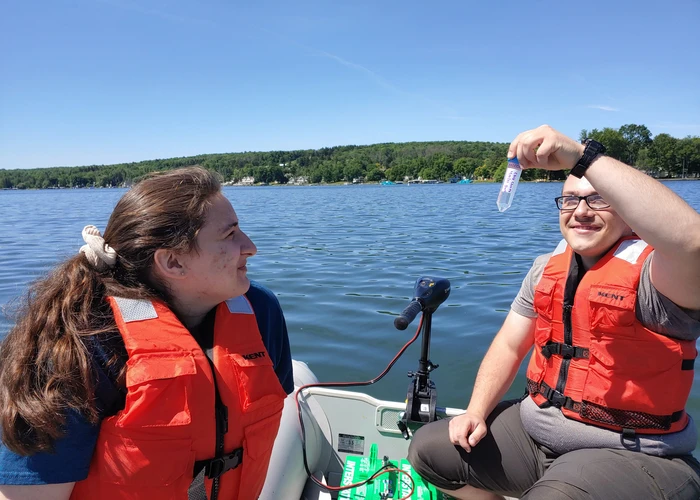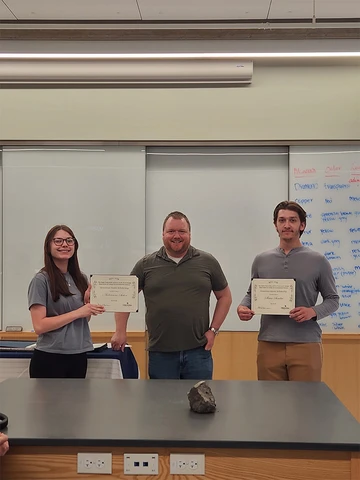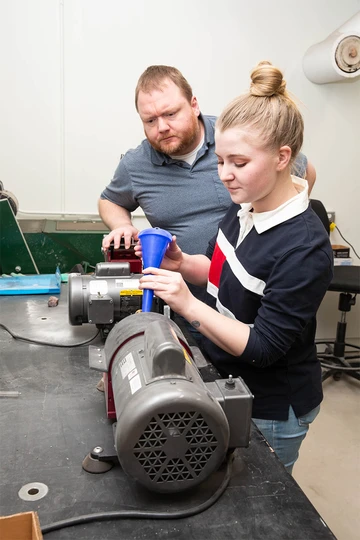Earth's Ecosystems Await
Fredonia’s Environmental Sciences program prepares you to be a leader in conservation and sustainability. Take your passion for the environment to the next level with Fredonia’s Environmental Sciences program. This comprehensive B.S. degree integrates biology, chemistry, and geosciences to provide you with a deep understanding of the Earth’s ecosystems and the critical issues facing our planet. By combining rigorous coursework with real-world experiences like internships and faculty-led research, you’ll be ready to make a tangible impact in fields ranging from conservation science to environmental planning.
What You’ll Gain
- Interdisciplinary Knowledge: Build expertise in biology, chemistry, and geosciences, connecting these disciplines to address complex environmental challenges.
- Hands-On Experience: Engage in internships with conservation departments, consulting firms, or municipal organizations, applying your learning in real-world settings.
- Research Skills: Work directly with faculty on research projects that explore ecosystem dynamics, resource management, and environmental policy.
- Analytical Expertise: Develop the critical thinking and data analysis skills needed to interpret scientific data and assess environmental impacts.
- Sustainability Insight: Gain a deep understanding of sustainable practices and participate in Fredonia’s sustainability initiatives, including Earth Week events and campus-led environmental programs.
















